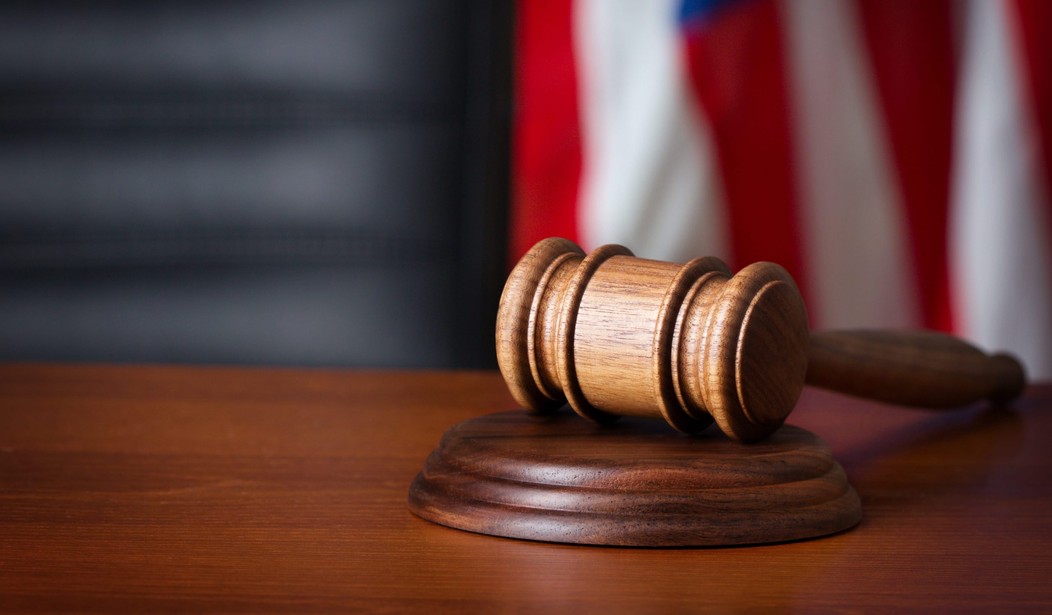Nearly 140 professors and legal experts have endorsed an open letter calling for an immediate end to the use of “victim-centered” and “trauma-informed” practices during campus sexual misconduct investigations.
Despite feminist groups praising these practices for encouraging victims to come forward, the open letter warns that the “believe the victim” ethos and the policies it has inspired “undermine neutrality in campus Title IX disciplinary processes.”
Spearheaded by the Maryland-based nonprofit Stop Abusive and Violent Environments (SAVE), the letter also argues that, by its very nature, the “believe the victim” ethos presumes the guilt of the accused and erodes due process.
The letter was signed by numerous professors, including Harvard Law School professor Janet Halley, Denver University Law Professor Dave Kopel, and Geoffrey Miller, a professor of evolutionary psychology at the University of New Mexico.
The lack of due process in sexual misconduct cases is a growing concern. Since 2011, more than 200 lawsuits have been filed on behalf of male students who contend they were wrongfully accused, according to Title IX for All.
The specifics of each lawsuit vary. But one recurring sentiment is clear: if only the student was afforded all elements of a fair trial — such as the ability to present exculpatory evidence, or the right to cross-examine an accuser — the truth would have prevailed.
But instead, the ongoing erosion of due process “is disturbingly reminiscent of the 1980s and ’90s satanic daycare child abuse ‘witch hunt’ … during which investigators were instructed to ‘believe the children’ without scrutiny,” the open letter adds.
In an interview with PJ Media, University of Southern California (USC) professor James Moore said he initially learned about Title IX investigations while he served as one of the vice deans for the USC School of Engineering.
From 2011 to 2017, concerned parents increasingly phoned him, asking if USC would ever consider accepting students who had been forced out of their previous school due to a sexual misconduct allegation.
“The parent was always looking for a way forward for his or her child,” Moore said.
Unfortunately, Moore’s hands were tied. But the calls from parents did spark his interest in learning more about Title IX and the 2011 “Dear Colleague” Letter. Issued by the U.S. Office for Civil Rights, the Obama-era letter mandated that colleges use a 50.01 percent “preponderance of the evidence” standard during sexual misconduct investigations.
Moore says the policy was “well-intentioned but wrong-headed.” Though the policy was rescinded by Education Secretary DeVos last September, some critics warn that the bureaucratic regime the policy necessitated may take years to undo.
Accused students face a biased system of investigating complaints and conducting trials, argues Moore. “It is a witch’s brew of unfairness to the accused, and this is what motivated me to sign the letter condemning victim-centered investigations,” he told PJ Media.
There’s a lot at stake if a student gets suspended over a wrong accusation, he adds. Many schools, like USC’s Engineering School, won’t accept transfer students if they find out they’ve been expelled for sexual misconduct at their former school.
“It is not quite an economic death sentence, but it is close. The stakes are very high for students who are expelled, far higher than is widely understood,” Moore added.
“This is damaging to the lives of the students and families involved; to the institutions that will subsequently be sued, sometimes successfully, by the men whose interests they injure, and who want to be made whole; and to the fabric of our society as a whole,” said Moore.
Moore isn’t alone in his concerns. Others, including Nicholas Wolfinger of the University of Utah, and Harvard Law Professor Elizabeth Bartholet, have also voiced concerns over the unfairness of the Title IX regime.
Geoffrey Miller, a professor at the University of New Mexico, warns that Title IX regimes are especially harmful to men of color: “Since minority students are disproportionately accused of sexual misconduct, victim-centered investigations often end up being racially biased, and often impose unjust punishments on students of color,” said Miller.
“Everybody loses when investigations are biased by design,” he told PJ Media.
The open letter can be found here. You can learn more about SAVE and its efforts to improve due process protections here.
Follow the author of this article on Twitter: @Toni_Airaksinen










Join the conversation as a VIP Member